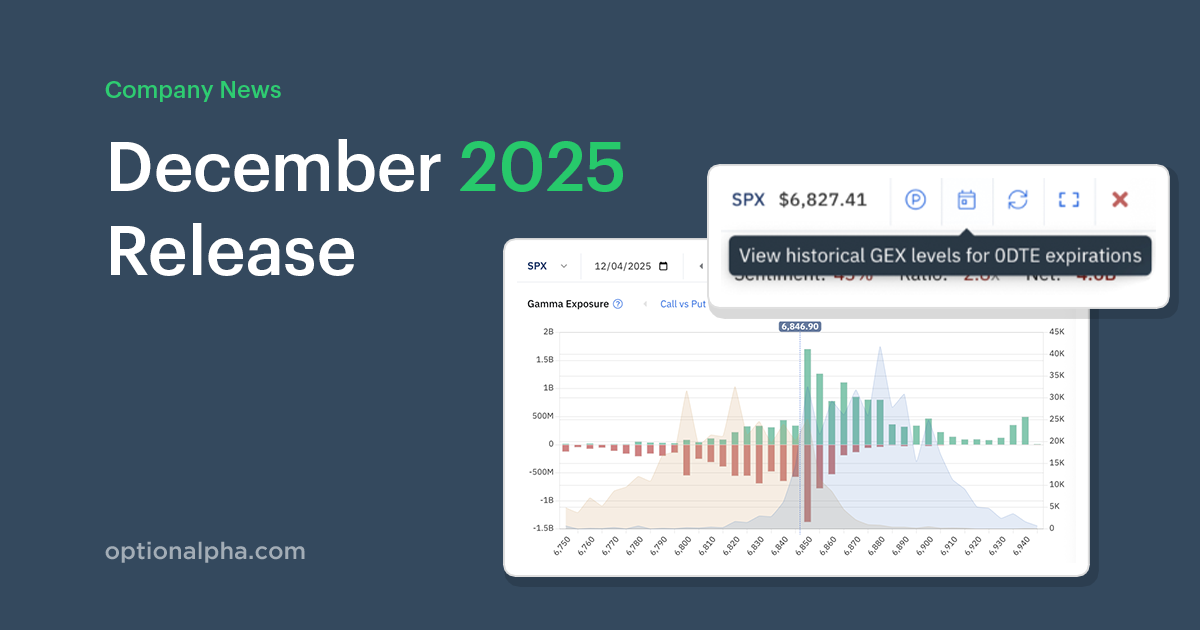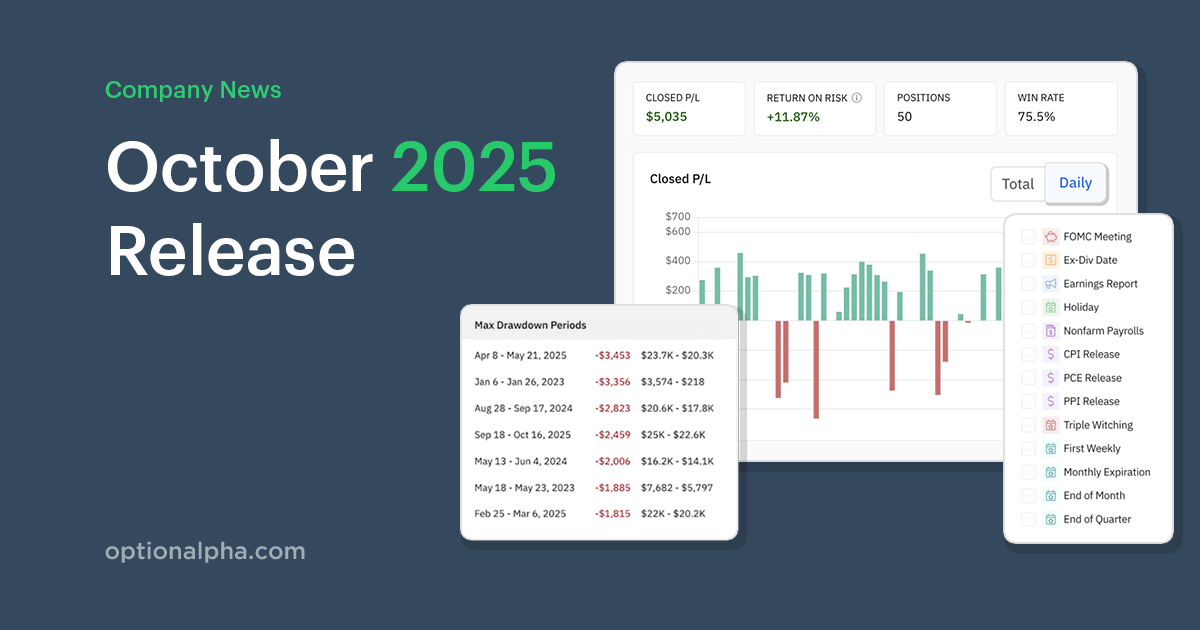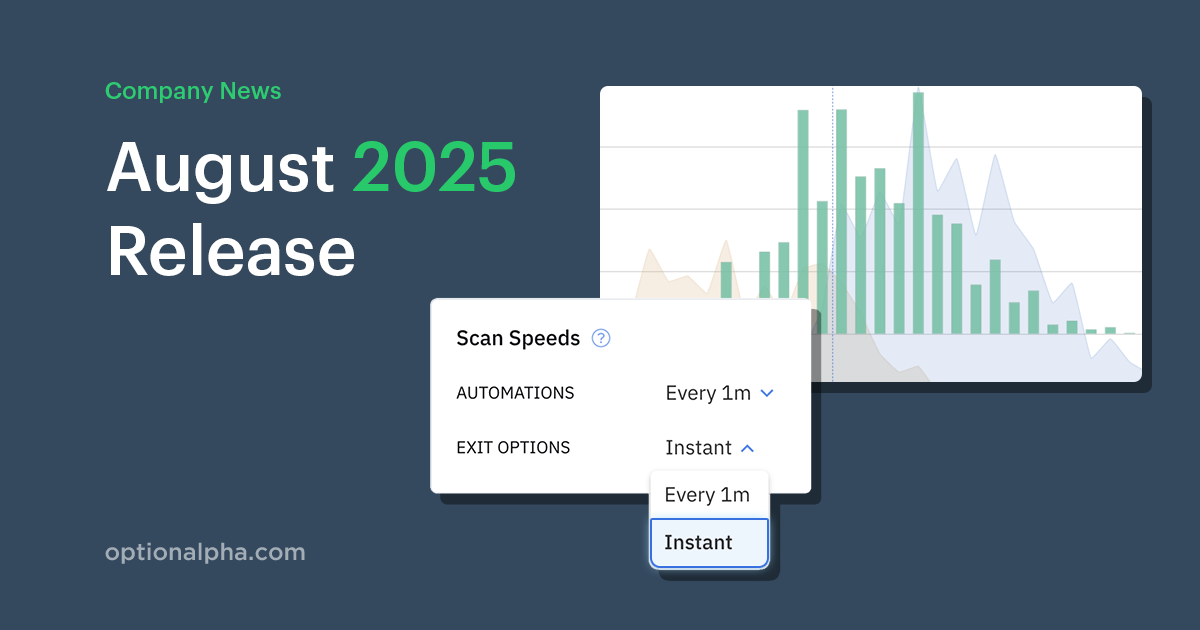Trading on your own is an exhilarating and rewarding experience. The limitless potential can be intoxicating, but there are some stumbling blocks that can derail the excitement, such as letting emotions drive your trading.
When your trading is profitable you feel like you are on top of the world, but when things go against you, it is a tall order to separate your emotions from your money.
The Fear Of Missing Out (FOMO)
Here's the scenario: you've been sitting on the sidelines while watching the market rally. Are you itching to jump in and buy? Are you frustrated because you are missing profits that others are making?
Many traders we talk to feel similarly. We have all watched the market rally much further than anyone expected, and, it's not just the swing trader who feels this way. Day traders are feeling the heat as a trending market offers little entry opportunity.
Even though it may be tough, sitting on your hands is one of the most challenging skills a trader NEEDS to learn. It is an absolute requirement for profitable trading long-term. One lesson we focus on here at Option Alpha is that we have to treat trading like a business, not a hobby.
Unfortunately, waiting for the right entry is part of the business.
Treat Trading Like A Business
If you treat your trading like a hobby and have no real goals, then it will be an uphill battle to make sustainable progress.
In order to get past the hobby mentality and quantify your goals, you should treat your trading like your personal business. Write a business plan, list specific and achievable goals, and outline daily activities to keep emotions out of the way.
These systems will help remove emotions from the traditional Fear and Greed cycle.

The trader who can remove themselves from this cycle and treat trading like a business is much less likely to force trades out of boredom or because he/she feels an internal pressure to be productive.
Let's Control Those Emotions Shall We
The right mentality can be extremely helpful when you start to trade. If you get bored, then you are more likely to make careless trades. On the other hand, if you are keeping up with business news, analyzing new stocks, reading industry reports, etc. then you are more likely to find fantastic opportunities to trade with a favorable risk/reward ratio.
Here are five practical tips to help you learn to be productive and control your emotions:
1. Learn Something New About Trading
Learning a new trading strategy can be a fun and profitable way to get out of an emotional trading rut. Maybe you have wanted to learn how Iron Condors and Credit Spreads operate, or maybe you have been curious about RSI and MACD indicators. There's no time like the present to block off an hour a day and learn about those topics.
Thankfully, there are plenty of educational resources on our website to choose from, such as podcasts, video tutorials, education tracks, and more. Once you have a firm grasp on a new topic, your perception of trading will change and grow to reflect what you just learned - which could be the catalyst needed to break the cycle of emotional trading!
2. Perform Some In-Depth Market Research
Sometimes trading gets emotional because you don't know what to do next. In that case, you may be in a rut, and that's okay!
Take a step back and dive into some topics that you may be curious about. If you make a concentrated effort to learn something new and in great detail, you can get your head back in the game, and jump back into your trading with some new perspective and confidence.
Since the market is perpetually evolving, there is always a facet that you don't know about, which could shed some light on why you are trading emotionally and assist in re-calibrating your efforts.
An easy way to spruce up your research is to find a fresh newsletter or investment authority that you have not heard before. You may find something that fundamentally changes the way you think about trading, or you may find something that you strongly disagree with.
Either way, learning something new about the market and seeing things from a new perspective will make you a more educated trader with a broader perception than before.
3. Paper Trade Until You Fall Over
If you have a new strategy that you want to deploy or want to use a new indicator, then you should paper trade it before committing real capital. Paper trading is not perfect, but it provides a controlled environment where you can be comfortable pushing the envelope with your trades without risking any capital.
4. Write a Trading/Business Plan
If you find yourself constantly wondering why you keep trading a certain way or your strategies keep falling short of your goals, now might be a great time to set some concrete trading objectives and write a business plan for yourself. Take some time to calculate and quantify what you are trying to achieve with each trade you make.
Are you hedging? Are you trying to capitalize on a big market movement? Are you scaling a position to decrease your average cost? These questions will help you to understand the 'why?' behind your trades.
Once you set your goals, create a business plan for your trading. A simple business plan includes a mission/vision statement, such as "The purpose of my trading is to enhance/replace my income by X date" or "I am trading to learn more about an industry that I am interested in and would like to profit from my knowledge."
Now that your trading business has a stated direction, map out some milestones that will help you achieve your goals, such as smooth execution or becoming more familiar with different orders.
5. Analyze 5 Completely New Charts
Many traders develop an emotional attachment to the stock, ETF, or product that they are trading because they spend so much time nurturing feelings and view their performance as a reflection of their competency. This habit can be counterproductive, so instead, find 5 (or more) brand new charts of companies that you have no attachment to whatsoever.
After you compile this new list of companies, analyze the charts through an objective lens by writing down bullish and bearish reasons to buy or sell each one. By taking both sides on a chart that you are neutral towards, you train your mind to evaluate a position without becoming emotionally involved.
One way to approach this would be to outline three bullish trades per company and what you think will happen, and then do the same from a bearish perspective. You can combine your research with paper trading to immerse yourself in these five charts and come out with a more objective and rational mindset.
How Can You Add To This?
While you can never control the market or how any given trade will turn out, you can learn to control your actions and emotions with a solid trading plan and by keeping yourself productive and consistent.
You may want to enjoy a couple of non-market-related tricks to get yourself back in the game.
Take a Walk
Watching the market all day and staring at your monitors can be quite fatiguing. Allow yourself to take a break and get some fresh air.
A brisk walk will get your blood flowing and put you in a great position to absorb your surroundings and clear your mind.
You don't need to take a 10-mile hike to reap the benefits of a nice walk.
Do Something Creative
If your mind is fixated on trading, then you may want to spark your imagination with a creative activity such as cooking, listening to music, or playing a game.
Sometimes it's easy to psych yourself out, and the solution may be to simply exercise a different part of your brain.
Change Your Scenery
Rearrange your trading area, clean your kitchen, or take a weekend trip. Your environment can help or hinder your productivity, so change it up to allow your mind to refresh.
Remember, human beings are emotional by nature. If you follow the steps outlined above, you should feel more confident and relaxed in your trades.
Key Takeaway
Emotions can get the best of all of us, but if you want to get to the next level in your trading career, then mastering your emotional response to the market is imperative.
If you follow the steps outlined above, then you will have an excellent chance of keeping your emotions at bay and executing better trades.
Want to learn more about trading psychology?




.png)









